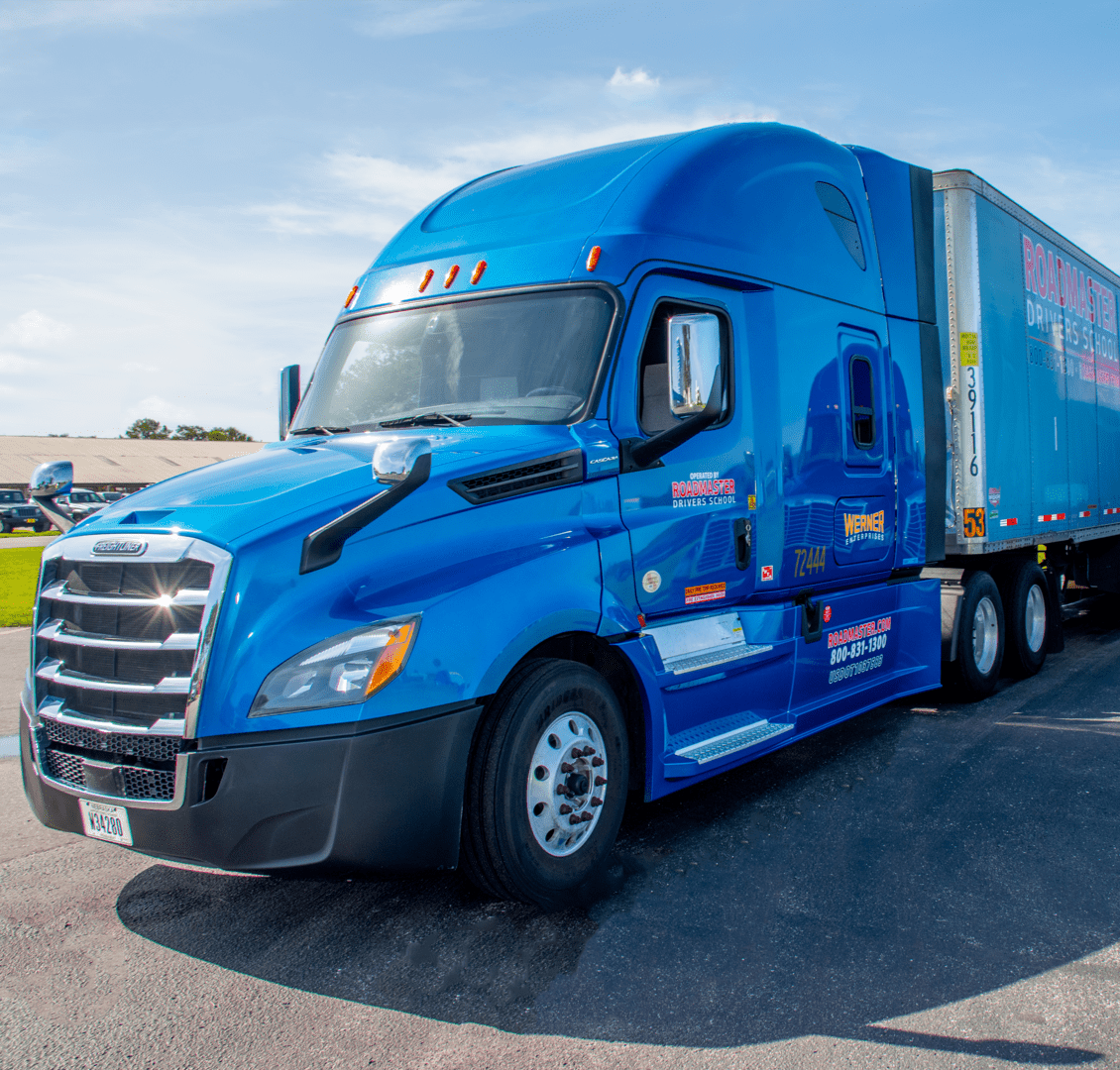ELDT Mandate: Everything You Need to Know
The Federal Motor Carrier Safety Administration (FMCSA) and the truck driving industry value the safety that results from standards in professional driver training. A uniform national benchmark works towards this goal by making sure that all drivers learn the same basic safety skills, regardless of the state in which they obtained training.
Training consistency is harder to achieve when each state has its own commercial driver’s license (CDL) training requirements. The Entry-Level Driver Training (ELDT) mandate addresses this inconsistency by providing a minimum standard nationwide to ensure that new drivers entering the industry do so with the same minimum level of competence and safety.
What is ELDT?
The ELDT is a set of minimum standards for commercial driver education that all training providers must follow. WIth this mandate is in place, training providers will have to certify to the FMCSA that their training programs meet minimum standards in order to continue training commercial drivers.
ELDT training is comprised of classroom (theory) education and skills training. Students will learn approximately 30 subjects within the classroom portion of the training and must score a minimum of 80 percent on a theory assessment to meet minimum program requirements. To qualify for the CDL exam, students will receive specified behind-the-wheel training, as well as have a trainer’s endorsement stating that they are proficient in the CDL skills curriculum.
The FMCSA has set the ELDT standards on a federal level, so these rules will apply to all new drivers, nationwide. Now that the ELDT mandate is effective, many businesses can no longer train their own drivers and instead will need to contract a driving school that is registered with the FMCSA.
Who does ELDT impact?
The ELDT regulations are not retroactive. If you’ve already obtained your CDL or endorsements prior to February 7, 2022, these training changes don’t affect you.
Additionally, if you’ve obtained a CLP before February 7, 2022, which results in a CDL prior to the expiration of the CLP, you’re also not subject to the ELDT mandate.
The ELDT requirements are for entry-level drivers, to ensure that all new drivers maintain a consistent skill and safety standard. These new training rules will apply to any first-time license or endorsement. These include:
- Your first Class A or Class B CDL
- Your upgrade from an existing Class B to a Class A CDL
- Your first endorsement, in categories including passenger (P), hazardous materials (H), or school bus (S)
When did ELDT go into effect?
The ELDT mandate went into effect on February 7, 2022.
You may have heard that ELDT was originally scheduled to begin on February 7, 2020. The FMCSA extended this start date by two years.
The extension is to ensure that training providers have enough time to meet training requirements, as well as set up the electronic interface they need to administer student records and communicate them to state driver licensing agencies.
This extension also gives the licensing agencies the time they need to update their technology and procedures so they can receive the ELDT data from the registered schools.
Why choose Roadmaster Drivers School?
If you plan to work as a commercial truck driver in the US, it’s important that you’re aware of the ELDT requirements so you can choose a commercial driving school that is properly equipped and certified to provide the training you need. The FMCSA has published a list of qualified training providers through a database called the Training Provider Registry (TPR). All Roadmaster Locations are listed on the Training Provider Registry and are meet ELDT requirements.
Roadmaster Drivers School is a nationwide leader in truck driver training and has been training students for over 30 years with over 100,000 graduates. We have the expertise, equipment, and facilities you require to train for your new career.
In one month, you can train to start a career as a professional entry-level truck driver through Roadmaster Drivers School. We offer in-house financing to those who qualify to help cover the cost of tuition, with no employment contract so you are free to choose your new employer once you have your CDL.
ELDT Theory Training Credit
Applicants may be given consideration for credit for having previously completed FMCSA Entry-Level Driver Training (ELDT) Theory Training at a qualified Training Provider listed on FMCSA’s Training Provider Registry (TPR). A request for credit must be made at the time of application. Credit is provided at the sole discretion of Roadmaster Drivers School and on an individual basis after evaluation is made of the applicant's actual previous training and available documentation. For consideration of credit for prior ELDT Theory Training, the applicant must:
- Provide a diploma, certificate of completion, or equivalent
- Be listed on the FMCSA TPR as having successfully completed ELDT Theory Training
- Possess a valid and unexpired Class A Commercial Learner Permit (CLP)
- Provide course outline or catalog from prior training upon request
- Provide any and all other documentation as requested by Roadmaster Drivers School
- Meet all other local and state criteria for receipt of credit
Applicants who receive credit for having successfully completed ELDT Theory Training will not be required to take CTD 101 General Knowledge during their attendance of Roadmaster’s Commercial Truck Driver Training program.
Applicant’s receiving credit will have an adjustment made to the total cost of tuition at Roadmaster’s sole discretion. Some locations have additional regulatory approvals, requirements, and restrictions on granting credit for prior training. Inquiry should be made as to any additional requirements with the Roadmaster location to which you are applying.

